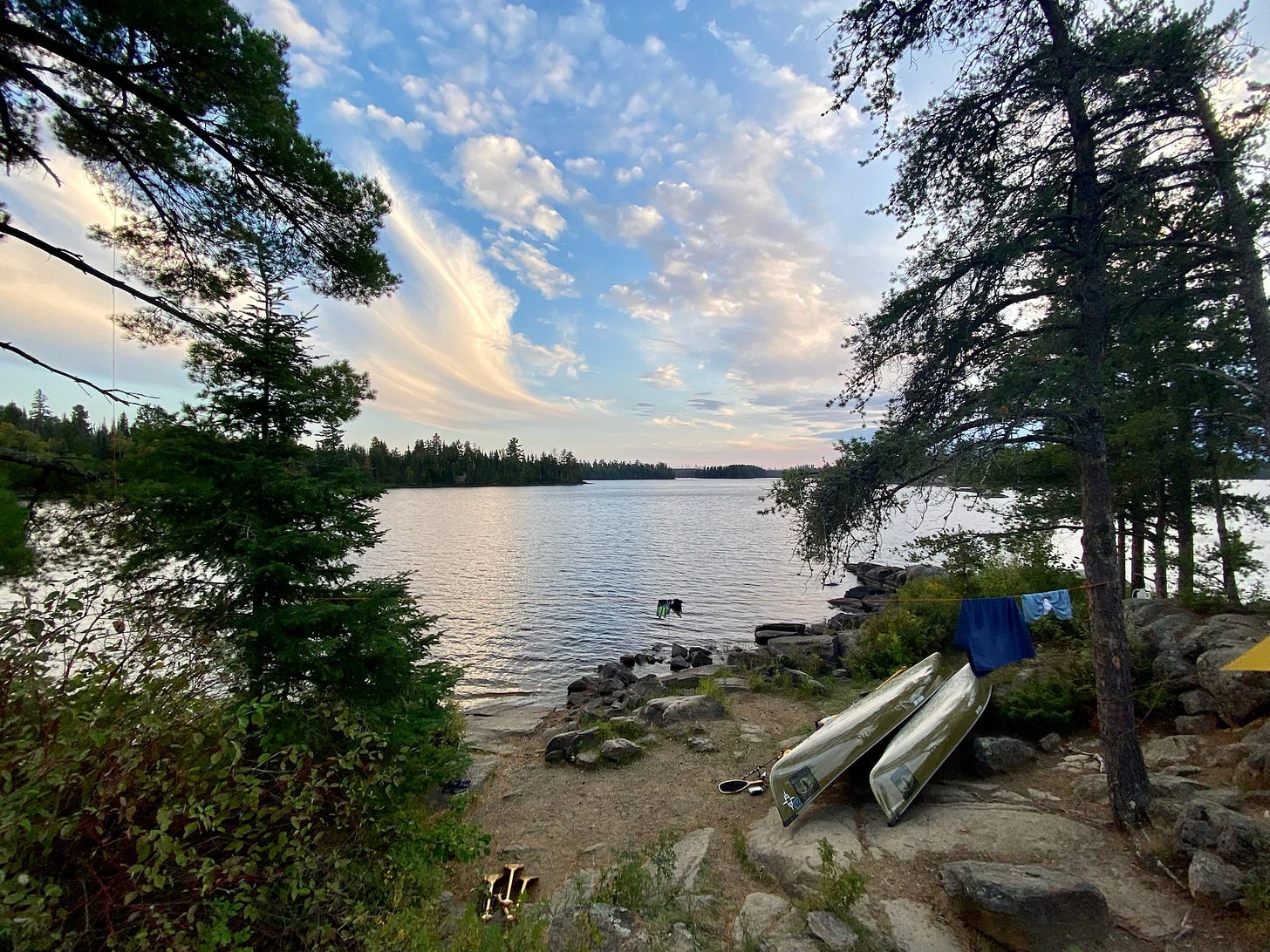Budget Bill Hands Public Land Near Iconic Minnesota Wilderness To Foreign Mining Company
The reconciliation bill overrides federal laws and regulations to benefit one Chilean company — Antofagasta PLC — that wants to mine near the Boundary Waters wilderness area.
A little-known provision of Donald Trump’s “big, beautiful” bill would open thousands of acres of public lands at the edge of Minnesota’s Boundary Waters wilderness to a foreign-owned mining company.
The move amounts to a giveaway “in perpetuity” to a company that has lobbied in Washingt…




